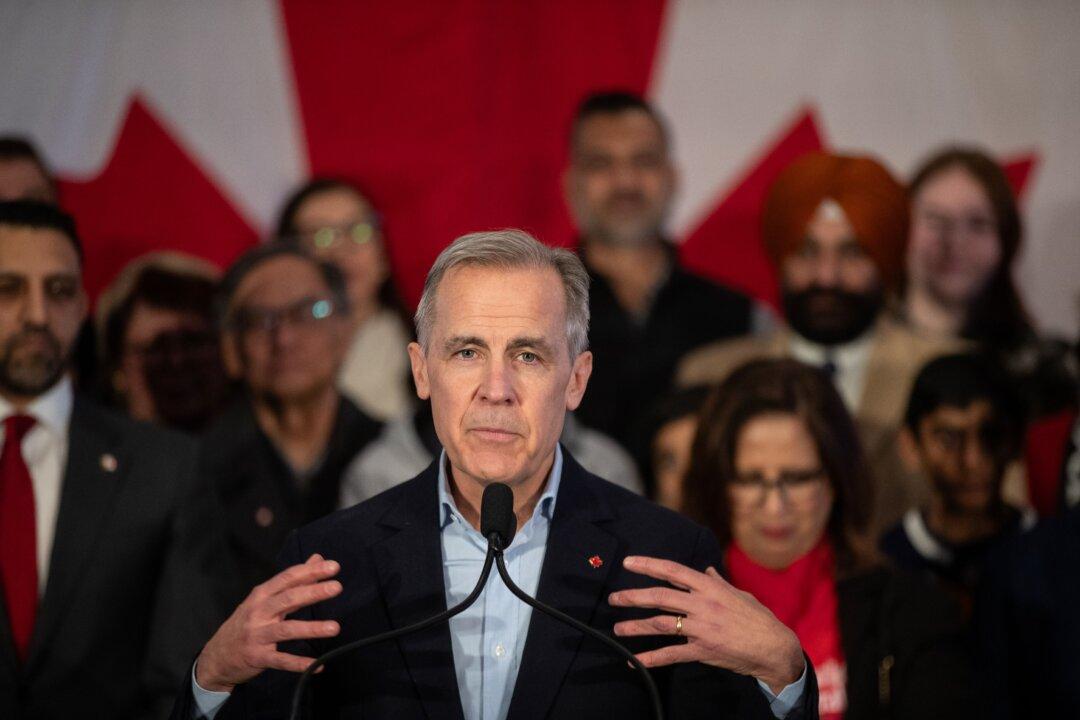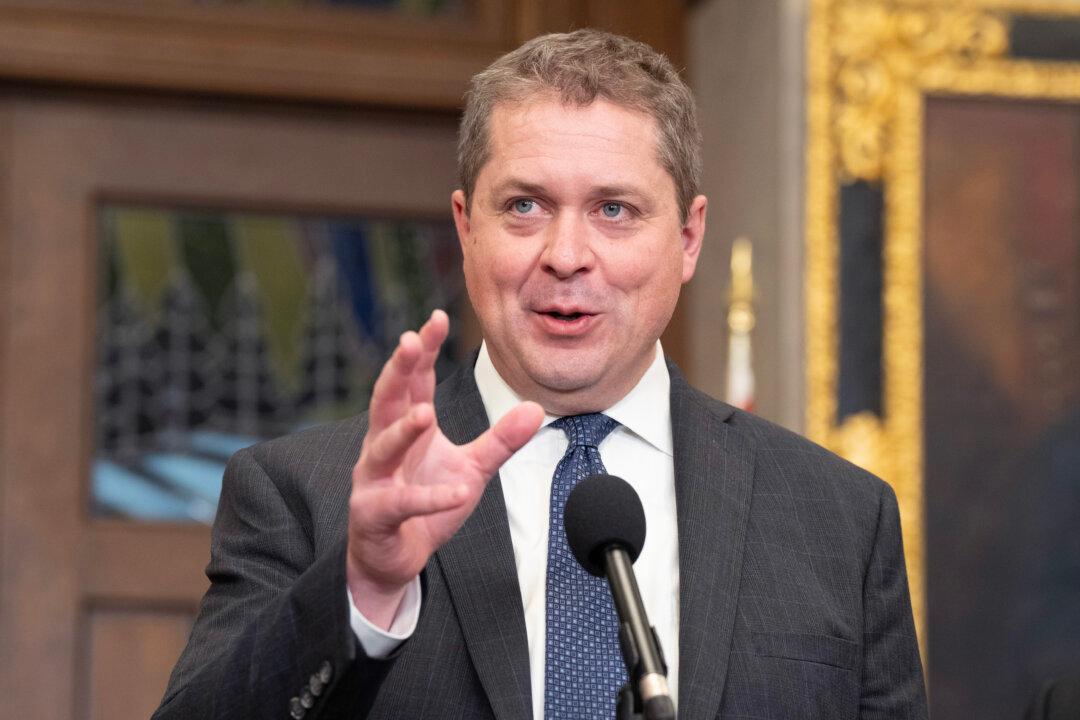Former central banker Mark Carney has officially announced he will run to become the next leader of the Liberal Party and prime minister of Canada.
“I’m proud of what we’ve built for each other, a great country built on hard work and the right values. I’m doing this because Canada is the best country in the world, but it still could be even better,” Carney said during his announcement in Edmonton on Jan. 16.






